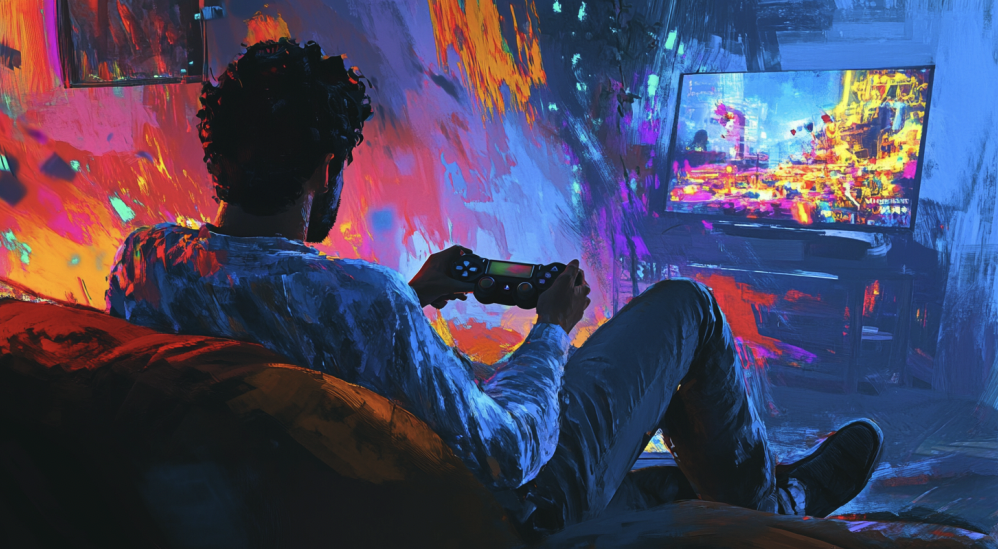In recent years, it’s becoming obvious that something weird is happening with video game development. The PS5 and Xbox Series X generation arrived in 2020, but, for many gamers, it feels like it never quite got started. There are fewer exclusive games for this generation than in prior years, and the biggest companies seem to not be delivering the same volume of hits they once did.
Ubisoft’s Woes

Recently, Ubisoft released a highly-anticipated game, Star Wars Outlaws, which marries the successful sci-fi franchise with Ubisoft’s popular open-world game design ethos. This should have been a home run, but, for some reason, Wall Street has cold feet about Ubisoft now, with the company’s share price dropping to a ten-year low after the release.
Critical Response

Was the game bad? Well, not exactly. Most reviewers had mixed-to-positive reactions to Outlaws, saying that it’s a fun game with great graphics and some annoying bugs. All-in-all, it’s the kind of game Ubisoft typically sells millions of. So, why did the company’s share price sink?
Sales Funk

Well, Outlaws only sold around a million copies in the immediate weeks after its release. It’ll sell far more as it goes through the usual video game lifecycle of being put on steep discount and offered through services like Game Pass and PlayStation+. But, in all, the damage is done. It didn’t become The Single Biggest Video Game Ever, so it’s a flop.
Delayed Games

Ubisoft also pushed back the release date of Assassin’s Creed: Shadows, an anticipated upcoming entry in the long-running stealth franchise that will be set in feudal Japan. This is a setting that Assassin’s Creed fans have been clamoring to see for years now, so this is an easy win for Ubisoft. The game’s delay, in response to reviews of Outlaws, no doubt, is causing some concern on Wall Street.
Pressure in the Industry
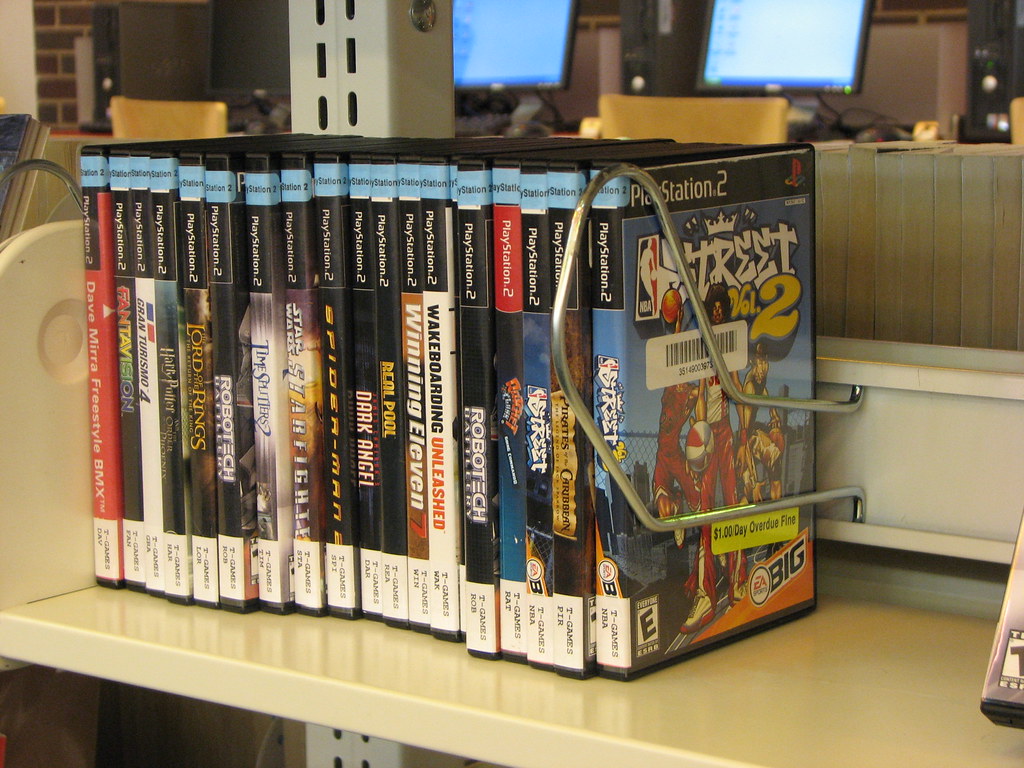
There’s a lot of pressure on game makers. Wall Street has to look at the big picture with any given industry, and gaming doesn’t lend itself to such scrutiny well. Making art is a bit tricky, and making interactive software is extremely time consuming. Marrying those two fields of expertise is nothing short of a minor miracle, so it’s a wonder that any good games ever come out.
Time Consuming

But investors don’t like hearing the words “it’ll be done when it’s done.” With current gaming hardware, the amount of time and energy that goes into making a new game look and sound good to a modern audience is exponentially higher than it used to be. Graphics and presentation just have to be orders of magnitude greater to wow gamers these days—and even that might not be enough to get their attention.
Ever-Growing Audience?

So, making games is more expensive and time-consuming than ever before. But companies still make huge, awesome games, right? There’s got to be a massive market of players who want to play the newest and biggest games on the market!
Same Old, Same Old

Well, not exactly. There’s simply no way for any given game to be a surefire hit anymore. Of course, yearly franchises like Call of Duty, Madden, and whatever EA Sport’s soccer franchise is called now continue to make big bucks. Perennial “forever game” favorites like Fortnite, League of Legends, and Minecraft also remain big earners. But as for anything new? It’s a tough sell.
I Already Have Games

The vast majority of players are sinking their time into games they already own. Why gamble on an unproven new title when you could just play Minecraft? You already bought Minecraft, you know it’s good, and there’s always something new to do in it. Besides, you should save money! That $70 new game looks cool, but what if it’s not fun?
Brick and Mortar
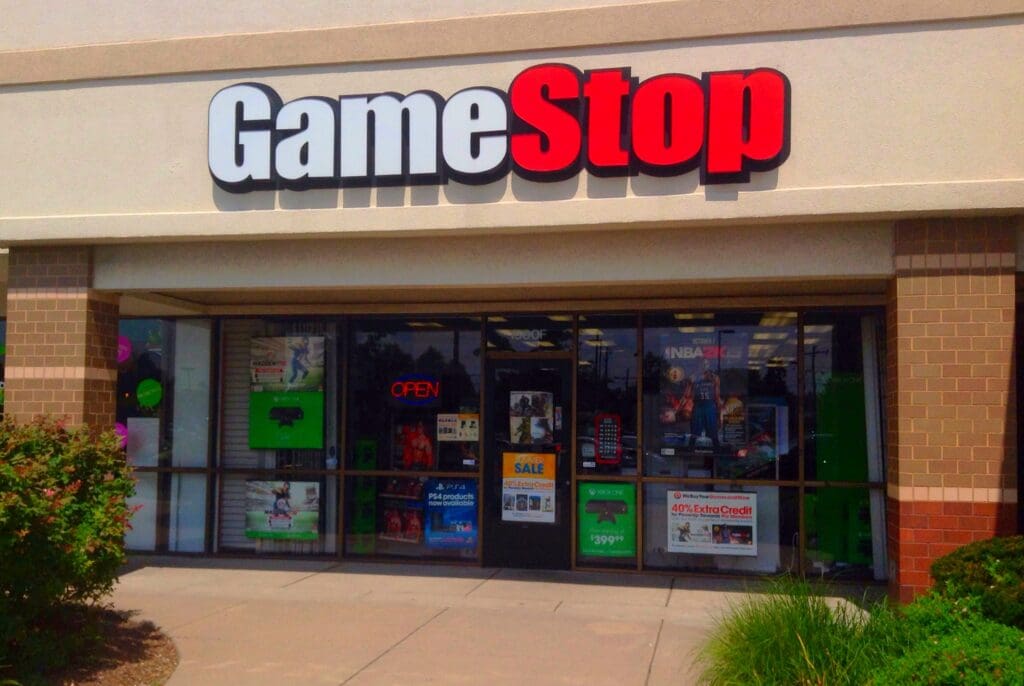
This problem is further complicated by the current way games are sold. In a bygone era, most gamers just bought physical media from brick-and-mortar stores. In this system, the biggest publishers fought for shelf space, but most players could at least mentally keep track of what games were coming out and which ones were in genres they liked, or, sometimes, created by studios they liked.
Digital Storefront

These days, that’s not remotely the case. Most games are purchased digitally from Steam (for PC players) or a console’s digital storefront. This is quite convenient for players, who get the game instantly, and the store’s owners, who no longer have to worry about manufacturing physical games and their packaging. However, it does lead to a bit of chaos.
Avalanche

There are so many more games coming out now than ever before that it’s extremely tricky to keep up with them all. Even extremely motivated gamers still only have 24 hours in a day to devote to all their worldly endeavors. Even discounting “shovelware” games that are low-effort cash grabs, the sheer number of genuinely excellent video games flooding the market is enough to make many gamers throw their hands up in frustration.
Doomscroll
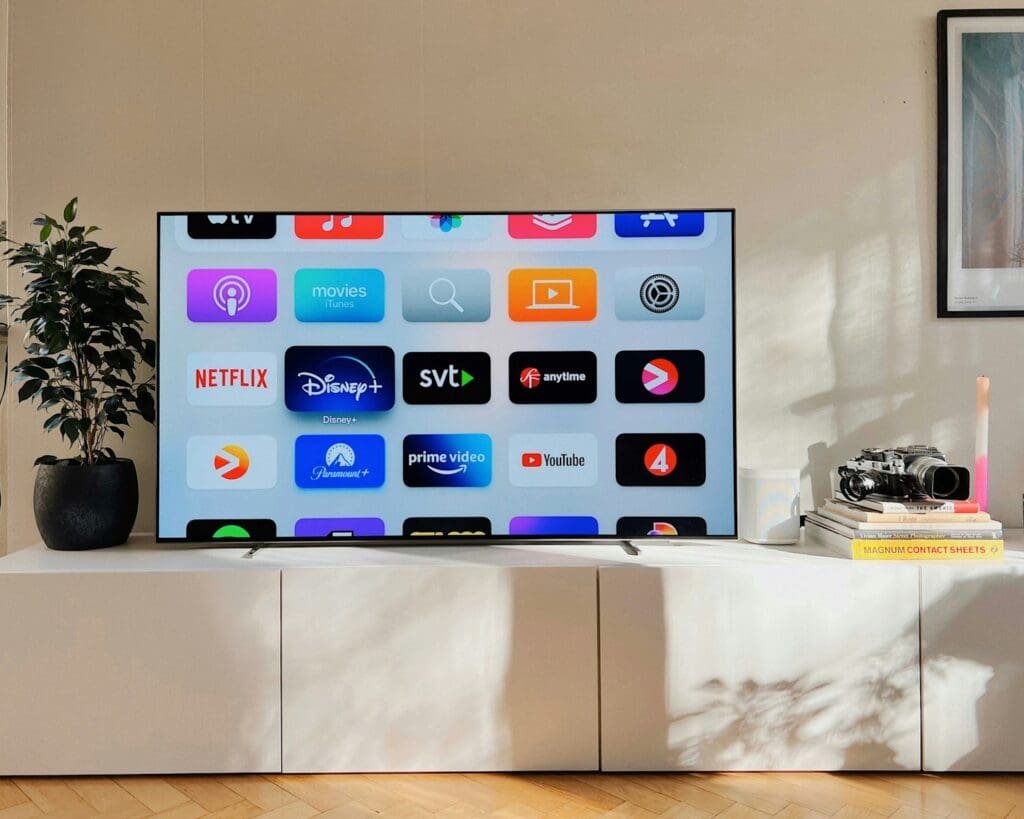
Many TV watchers know this sensation: you’re scrolling through Netflix or a similar streaming service and looking for something to watch. Plenty of new shows are staring right out at you, as are intriguing movies and exciting-looking reboots of your favorite old franchises. But then, there, in the corner, you see that one show you’ve watched a million times. You’re not looking to get invested in something new, and you’re overwhelmed by the deluge of choices. Time to watch The Office again.
Overwhelming Choices

That’s kind of the problem many gamers are now experiencing with services like Game Pass and PlayStation+, or simply the glut of games they’ve purchased on steep discounts from the Steam Store. There’s so many games to play that it’s easier to just turn their brains off and throw on Minecraft or Fortnite and enjoy some simple, familiar pleasures.
Big Names Not Selling

Even the power of big names like Star Wars and Assassin’s Creed can fail to move the needle for some over-stimulated gamers. There’s just too much to play! It’s easier to throw you hands up and ignore it all, sometimes. This shrinking audience, coupled with the ballooning development costs (and development times!) for games has made Wall Street a bit uneasy.
The End?

That’s not to say that gaming is doomed! Not by a long shot. Gaming is, in some ways, more popular than ever. Most people play some video games in their downtime, whether that’s hardcore home console games like Outlaws or drop-in mobile games that fit a looser schedule. But the era of the sprawling, big-budget title with embarrassingly high production values could be winding down if studios don’t find a way to get costs under control.
Activist Investors

Activist investor AJ Investments, who owns a small but noteworthy portion of Ubisoft’s shares, has been pushing for the company to sell itself to a private equity firm or become a subsidiary of Chinese gaming juggernaut Tencent. Either way, this move would encourage further industry consolidation in an industry that seems keen on gobbling up small- and even medium-sized developers.
Consolidation

Large players in the industry, like Microsoft and Sony, have been snapping up smaller developers for years to build out their first-party portfolios. The studios sell right away because the promise of a huge payday and some financial stability is enough to give them peace of mind in an unstable market.
Sony’s First Party Slate
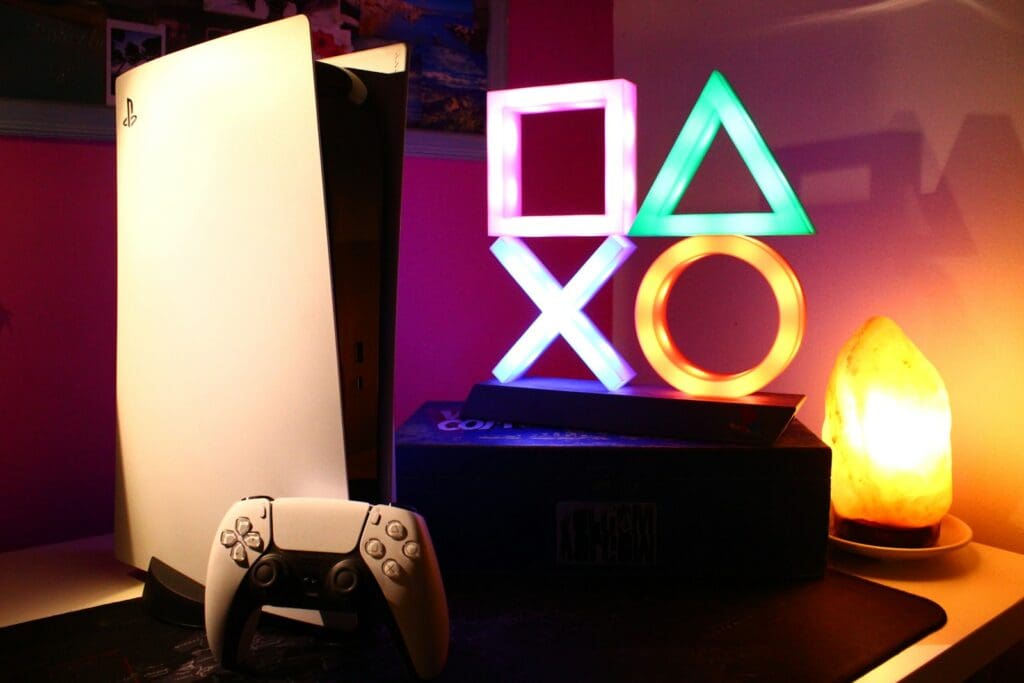
In the case of some studios, that works out well. For instance, Sony has had much success with its slate of first-party titles developed by smaller studios it acquired during the height of its strongest PlayStation system sales. Games like Ghost of Tsushima, Helldivers 2, and God of War have been strong system-sellers for the Japanese company.
Embracer Group

In other cases, those spending sprees backfire. Embracer Group, a European conglomerate, acquired numerous studios in the early 2020s before taking a gamble on a large investment from Saudi Arabia. Things with their investors fell through, and Embracer quickly spun off many of the studios it just spent so much money buying, leading to a roller coaster ride for smaller studios caught in the crossfire.
Getting Back on Top?

So, what could the gaming industry do to become desirable to Wall Street again? Well, it’s not a simple answer. Gaming remains popular, but studios are just struggling to find ways to squeeze profit out of players. And, these days, players are wary of any predatory money-making tendencies that investors seem to love.
Monetization

Fortnite and Apex Legends sell cosmetic items to players for real money, resulting in constant revenue streams. Final Fantasy 14 and World of Warcraft charge players subscription fees to keep playing. Game Pass and PlayStation+ function on similar subscription models. Still, there doesn’t seem to be an obvious way for single-player, story-driven games to cash in on that recurring payment economy.
Sustainability

Studios need to find ways to make their games on smaller budgets, more quickly, and with more reserved scopes. Sure, sprawling open-world games with tons of features and dozens of hours of side content are amazing! But if that content costs millions of dollars and multiple extra years to make, it might not be sustainable for any publishers.
Larian Studios

Independent studios, like the beloved Larian Studios, have found ways to make huge, lavish games on modest budgets. In Larian’s case, they leveraged a popular existing IP (Dungeons and Dragons) and a lengthy early access model to get players to pay for Baldur’s Gate 3 up front, and years before its formal release.
Supergiant Games
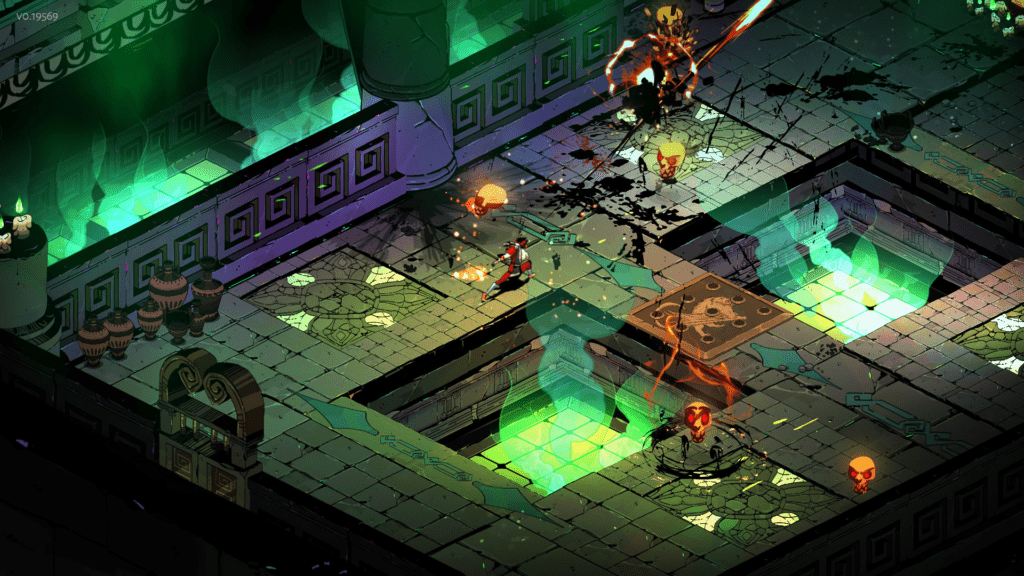
Another storied studio, Supergiant Games, has used their small size and reserved game scope to their advantage. Their titles, like Bastion and Hades, are among the best video games ever made, but they’re notably smaller, more intimate experiences than the latest Ubisoft open-world games.
The Indie Model

At a certain point, major studios might have to take a page out of the successful indie studios’ playbooks. But it’s not all sunshine and rainbows in the indie world, either. For every Baldur’s Gate 3 or Hades, there are hundreds of great indie titles that just never get the recognition they deserve. As noted earlier, there are just too many games coming out and not enough time to play them all.
The 2020 Bump

One potential savior for the gaming industry seemed to shine through in 2020 when the industry saw record profits as millions of new players, stricken by shelter-in-place laws to cope with COVID, flooded into the gaming ecosystem. Finally, publishers thought, the industry is saved.
Infinite Growth?

In a perfect world, each genre of game would have its core audience to sustain it indefinitely. It felt like COVID showed a glimmer of this possibility, and the industry tripled down on hiring new developers and investing in then-popular formats like loot-based first-person games and arena-based hero shooters.
Read More: Sony Shuts Down Triple-A Game ‘Concord’ Just Two Weeks After Launch
Back to Reality

Of course, that all came crashing to earth as lockdowns lifted and many “fair weather” gamers simply backed off from the hobby. There’s no reason for a lifelong athlete to spend all their money on games once the gyms open back up! Gaming was a fun way to pass the time when they couldn’t go anywhere, nothing more.
Read More: The 10 Richest Gamers and How They Made Their Fortune
No Cure-All

There’s no magic way out for the gaming industry. Wall Street is feeling uncertain and is unwilling to bet big on video games in light of the hype surrounding new technology, like artificial intelligence. But, in the end, that might be a good thing for gamers if it means studios can make smaller, more focused games on tighter budgets and with more hands-on focus and attention. The future of gaming might be smaller, but that’s probably a good thing.
Read More: What Went Wrong With AAA Games (It’s Interest Rates, Weirdly)

